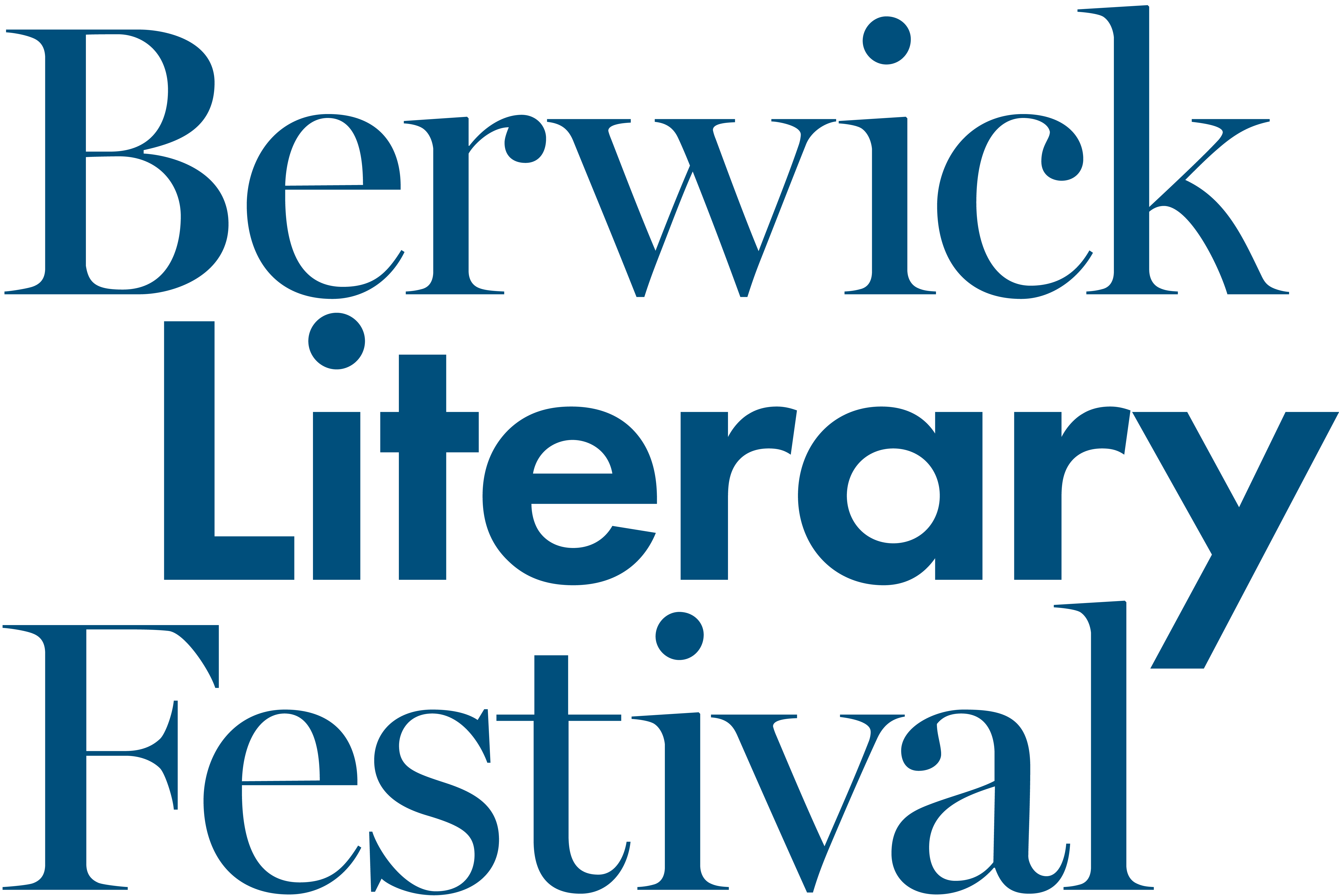Ann Thwaite is one of Britain’s greatest biographers, so it was a privilege to hear her discuss her extraordinary literary life at our festival. She is however not only the author of highly regarded biographies, she has also been a prolific author of work for children.
She gave much of the credit for her success to her “domesticated husband”, Anthony, who is a “wonderful support”. A highlight for her was her appointment as a consultant on the film “Goodbye Christopher Robin”, when she was “made to feel very much part of the production team”. This was following the success of her biography of A. A. Milne, Milne’s son being its biggest fan.
Resisting modern technology, she “writes all by hand” and records information on index cards, even the names of the cats of subjects. She was supported regarding her traditional approach by Stephen Platten, her interviewer, who opined that “computers are the death of good English”. Ann’s advice to aspiring biographers is to “write everything down” as “the memory is unreliable”.
From this uplifting account of the life of a great writer we were confronted with the horror of a historic war crime, Cromwell’s march of Scottish prisoners from Dunbar to Durham, brought superbly to life by John Sadler and Rosie Serdiville. We were told that “from the beginning it was a death march” with no food and water provided for the unfortunate Scots, their escorts regarding them as “sub-human”. Exhaustion and starvation killed many, dysentery and typhoid killed many others. The nearest parallel is the Bataan death march.
The puzzle was why this slaughter was allowed to occur as these prisoners were of potential value to their captors. John’s view is that Cromwell would have wanted his “assets” protected, so he sees the slaughter of so many as a failure of the command system.
Those who survived were deported to North America. John and Rosie’s research provided a fascinating insight into their lives there and their impact on their new homeland. A tale of adultery stood out. As women were regarded as “totally incapable of controlling themselves”, a “husband was responsible for his wife’s behaviour” and was punished for his wife’s transgressions. Famously of course accused wives were forced to wear badges of shame.
It was a relief to turn from contemplating this horrific story to world champion Slam-Poet Harry Baker and luxuriate in his funny, contemplative, always stimulating poetry, with its extraordinary interaction with maths. His show The Sunshine Kid was voted Best Spoken Word Show of the 2015 Edinburgh Fringe. Now a full-time poet, his work has been shared on TED.com and translated into 15 languages. When there is no pandemic, he gives performances and workshops, and is half of the comedy-rap-jazz duo “Harry and Chris”.
Fortunately, for our festival he included my favourite poem of his which is on the unlikely subject of prime numbers. While lockdown has frustrated him, denying him the opportunity to tour, it has provided the opportunity to produce interesting new work, some of which addresses the strange new world we are all struggling to cope with. When touring returns catch this wonderfully generous, humane young poet.
A lovely end to a superb start to our online festival which was delivered perfectly by our superb technical team.
Buy the Books from a local Bookshop! Click Here!
Beyond the Secret Garden: The Life of Francis Hodgson Burnett (with a Foreword by Jacqueline Wilson) by Ann Thwaite
Cromwell’s Convicts: The Death March from Dunbar 1650 John Sadler and Rosie Serdiville Pen and Sword
The Sunshine Kid Harry Baker Burning Eye Books
